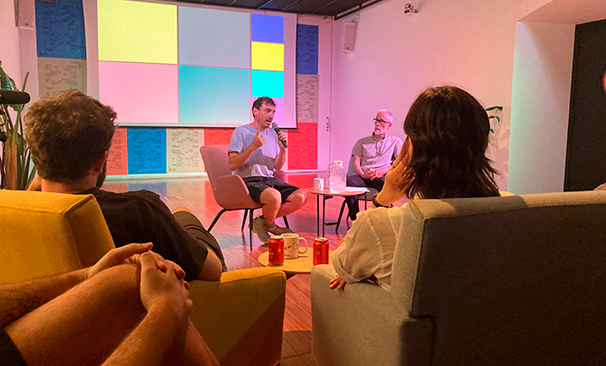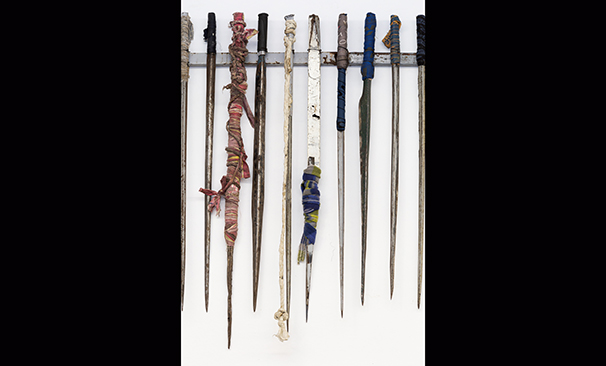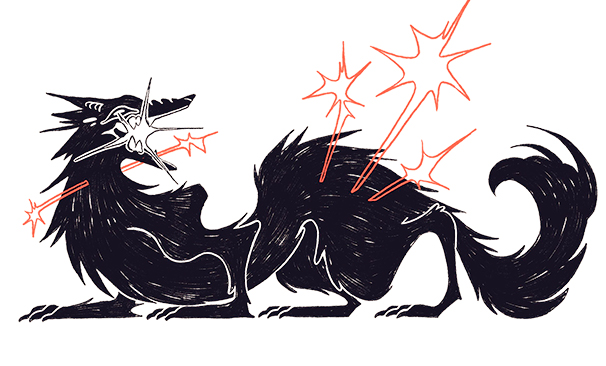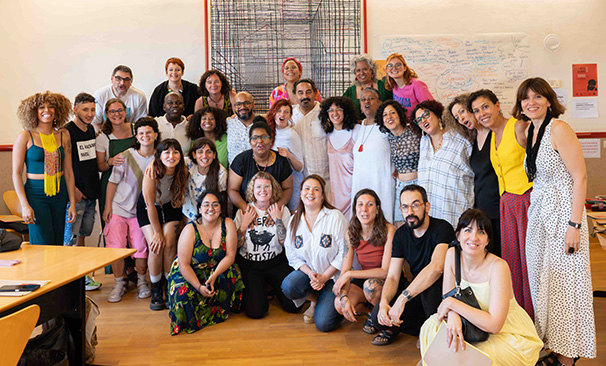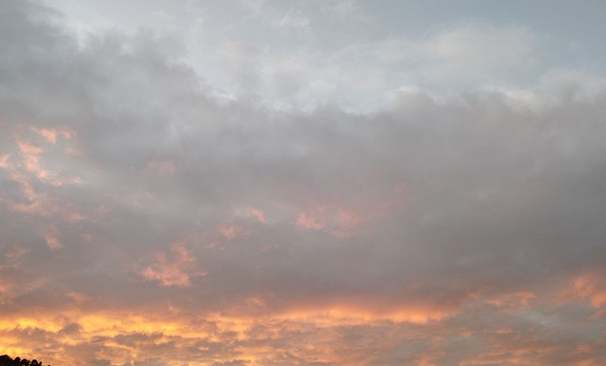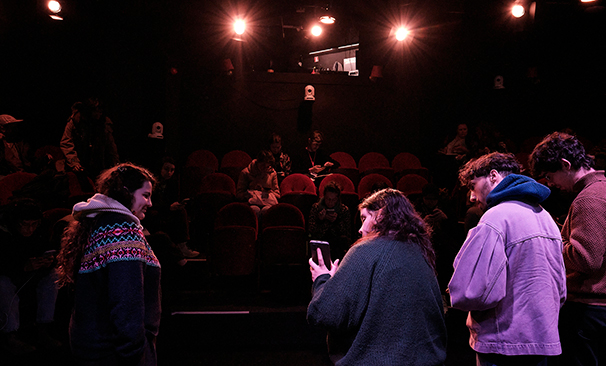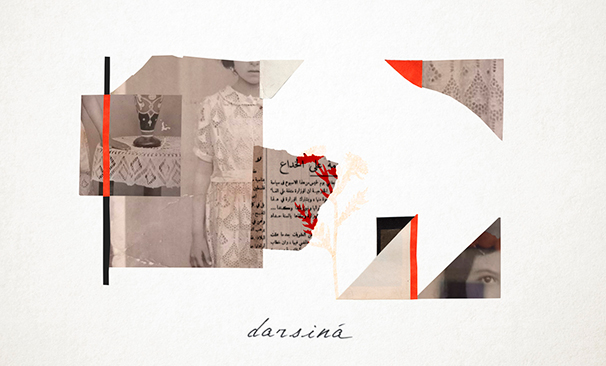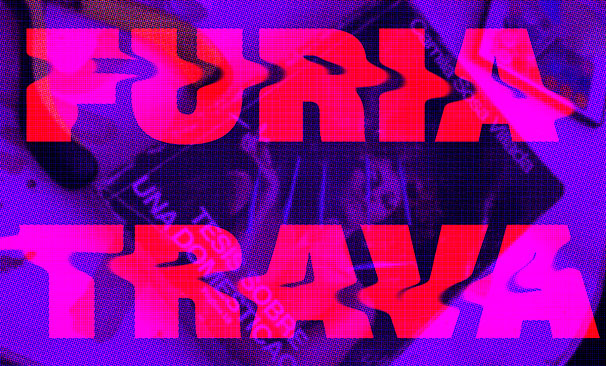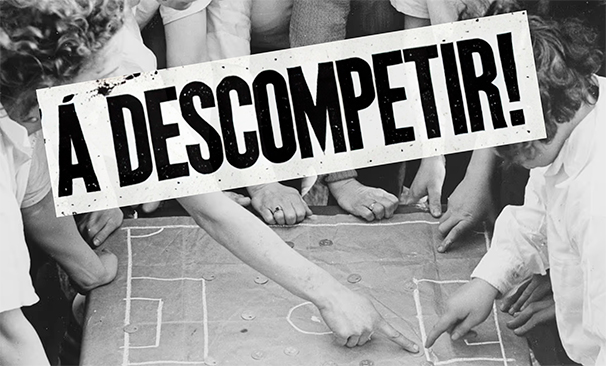What are you looking for?
You might be looking for...
Cosmographies
Antoine Silvestre, Jesús Arpal and Nancy Garín
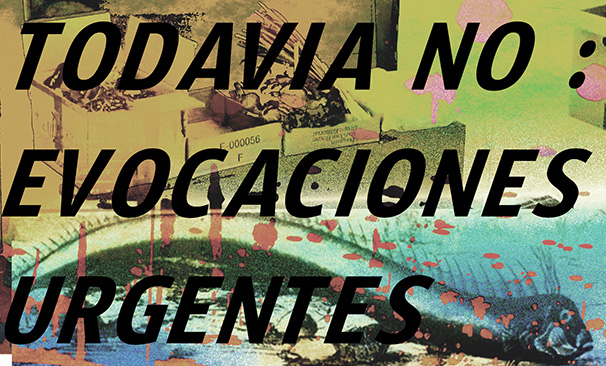
A cosmography is not a map, nor is it a representation of systems theory, nor is it a symbolic representation of the origin of the world. It is an imaginary and collective representation of relations where there is room for many worlds, memories, futures or possibilities, also playful or mistaken. The group Cosmographies proposes an artistic investigation of these representations, disseminates them and discusses them collectively.
We find these cosmographies thanks to guides whom we will call oarfish. Oarfish usually live in the deep sea, and only visit the coasts to warn of major events on the other side of the world. Our oarfish warn of subtle signs that reveal the tension accumulated before the rupture and its intermittent, ephemeral, cosmopolitan manifestations. The oarfish are those that warn of catastrophe and are also those that anticipate and resist disaster, the logic of the impossible, the apocalyptic view of existence. Their colours can be those of the waters in conflict, the struggle of abundance and scarcity, the prison of the present and its resistances, the metabolic fracture and the Good Life.
Our way of investigating is a collective thinking-feeling-doing open to encounter, in weekly sessions in the residents' space, with the oarfish, to trace cosmographies.
The return takes the form of public improvisation sessions based on archives (visual, sound, ...), open to remixing and participation. In these sessions we perform evocations and urgent invocations: bringing past, future and possible presences. We call ghosts and visions to our aid.
The institution is contemplated as just another world in this cosmography, so the research also involves listening to the fishes in the institution and inviting them to urgent collective invocations/evocations.
Members:
Antoine Silvestre
Jesús Arpal
Nancy Garín
Antoine Silvestre (Lyon, 1984) Architect and philosopher. His field of work and research focuses on the relations between the city, capitalism and urbanism in the framework inherited from the European world-system and modern liberal democracies. His activity is completed with architectural, scenographic and web platform designs, conducting pedagogical workshops and publishing critical essays. Other lines of research are technology and its possible lines of escape, critical uses and the production of collectivity. In this last sense, the workshop Deriva colectiva_Hacking urbano (Buenos Aires- Barcelona, 2018), which resulted in a video of collective production Hacking Deriva presented in 2018 at L'Alternativa. He has designed exhibition spaces and displays for the Etcétera collective, at the São Paulo Biennial (Brazil, 2014), the Serralves Museum (2015) and La Criatura Summit (Argentina, 2018). He is part of the collective Espectros de lo urbano.
Jesús Arpal Moya (Barakaldo, 1972), together with Gelen Alcántara Sánchez, has been a member of the Jeleton team of artists since 1999. His projects include Historia política de las flores, which has been shown in various chapter exhibitions (Fundació Miró, La taller, Centro Párraga, Halfhouse, X Bienal Centroamericana, Tabakalera, among others, 2014-2021). Since 2013 he has been a worker-partner* of La caníbal, a worker cooperative that produces culture for social transformation from an anti-capitalist, transfeminist and decolonial perspective.
Nancy Garín (Chile, 1972) is an independent journalist, art researcher and curator. She works on projects related to critical thought, new pedagogies, archives, memory and decolonialism. She has been part of the artists' group Etcétera and La Internacional Errorista, as well as the research group Península: Procesos coloniales y prácticas artísticas y curatoriales. She is part of the research and production platforms Equipo re, with which she has been developing the Anarchivo sida projects since 2013. She is part of the research project Espectros de lo Urbano that works on the urban as part of the colonial machinery and the predatory processes of capitalism. She teaches at MACBA's Independent Studies Programme/PEI and at the Museo Reina Sofía's Tejidos Conjuntivos programme.
